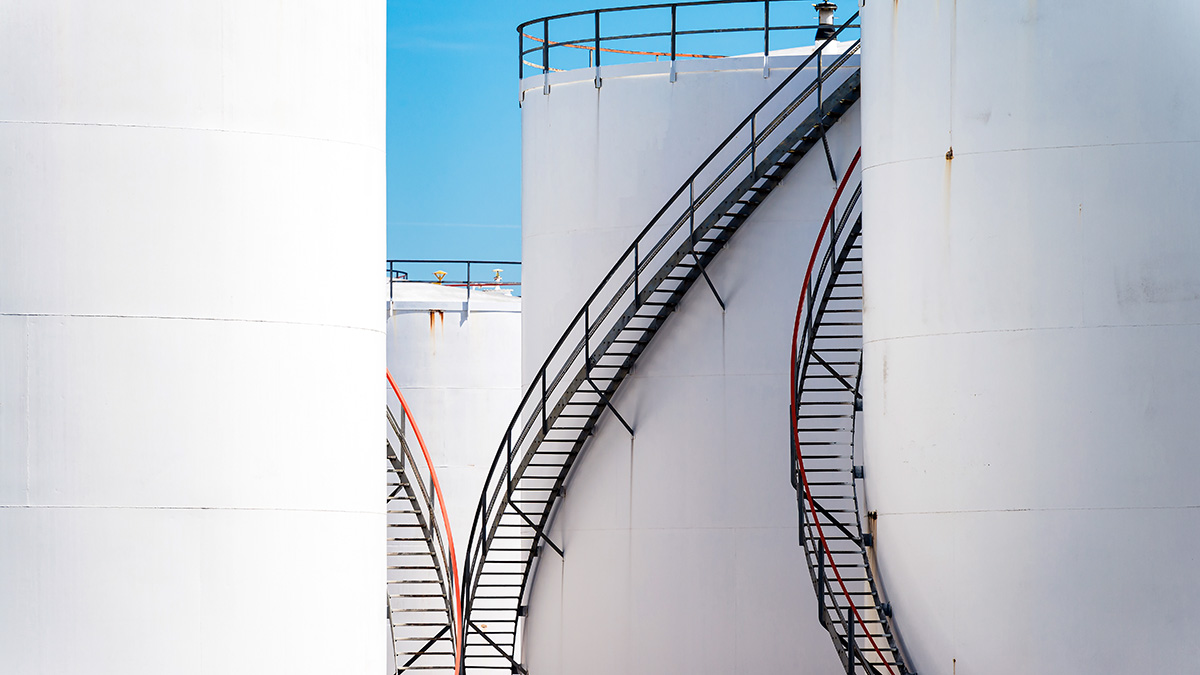Union Cabinet has allowed Abu Dhabi National Oil Co (ADNOC) to trade half of the crude oil it has stored in Indian underground strategic reserves. Till now, ADNOC, which has hired half of 1.5 million tonnes underground storage at Mangaluru, was allowed to commercially use 35% of the oil stored. It could trade or sell another 15% with the explicit approval of the government.
The Cabinet Committee on Economic Affairs (CCEA), headed by PM Narendra Modi, allowed ADNOC to commercially use 50% of the oil it has stored in the reserves. The flexibility allowed will encourage the company to store more oil in the three reserves India has built. These reserves will act as insurance against supply and price disruptions. While, ADNOC bears the cost of oil, India has the first right over its usage in an emergency. This guarantees energy security without spending money on oil.
Besides hiring half of the Mangaluru capacity, ADNOC had also in November 2018 signed up to hire half of the 2.5 million tonnes (about 17 million barrels) capacity at Padur. This is the biggest of the three storages, however, did not store any oil. The government had previously exempted such trade by ADNOC from local taxes. Briefing reporters on Cabinet decisions, I&B Minister Prakash Javadekar said the CCEA allowed ADNOC to trade oil but did not offer details.
The CCEA also gave its approval to Rs 3,874 crore spending on stocking low priced oil in the three strategic underground crude oil storages. India saved over Rs 5,000 crore when the country in April-May used two-decade low international oil prices to fill up its three strategic underground crude oil storages. The world’s third-biggest oil importer, has built strategic storages in underground rock caverns at three places to meet any contingency.
India took good advantage of the low crude oil prices in the international market. Consequently, the country purchased 16.71 million barrels (mbbl) of crude in April-May 2020. Consequently, all the three Strategic Petroleum Reserves created at Visakhapatnam, Mangaluru and Padur were filled. MoPNG spent Rs 3,874 crore on buying of such oil and Cabinet gave a post-facto approval for the same. Oil prices globally had slumped after the coronavirus pandemic pummelled demand.
The average cost of procurement of crude oil was USD 19 per barrel. This quite low as compared to USD 60 a barrel prevailing during January 2020. This helped save USD 685.11 million or Rs 5,069 crore. Indian Strategic Petroleum Reserves Ltd (ISPRL) built underground storages at Mangaluru and Padur in Karnataka and Visakhapatnam in Andhra Pradesh. These storages provide an insurance against supply and price disruptions.
Mangaluru storage has a total capacity of 1.5 million tonnes. Of this, half had previously been hired by ADNOC to store its crude oil. The remaining half was in April-May. The arrangement with ADNOC allows India to have a first right over crude oil stored in reserves during any emergency. Padur, the biggest of the three storages, has a total capacity of 2.5 million tonnes (about 17 million barrels). ADNOC had in November 2018 signed up to hire half of this capacity but never actually stored oil in it. India meets 85% of its oil needs through imports and the three storages meet 9.5 days requirement.











